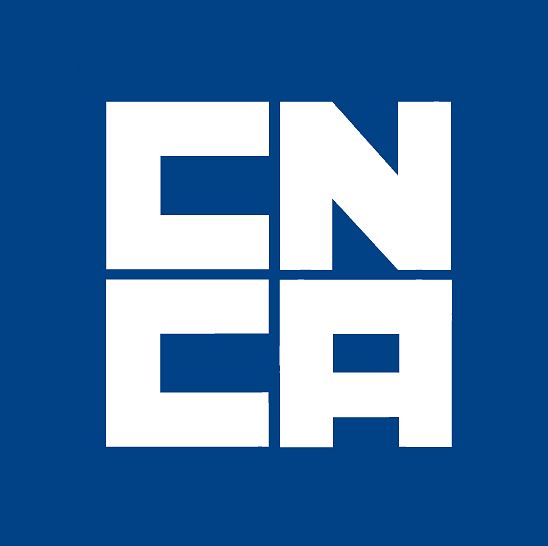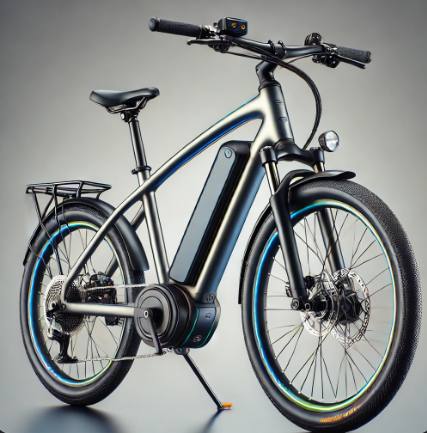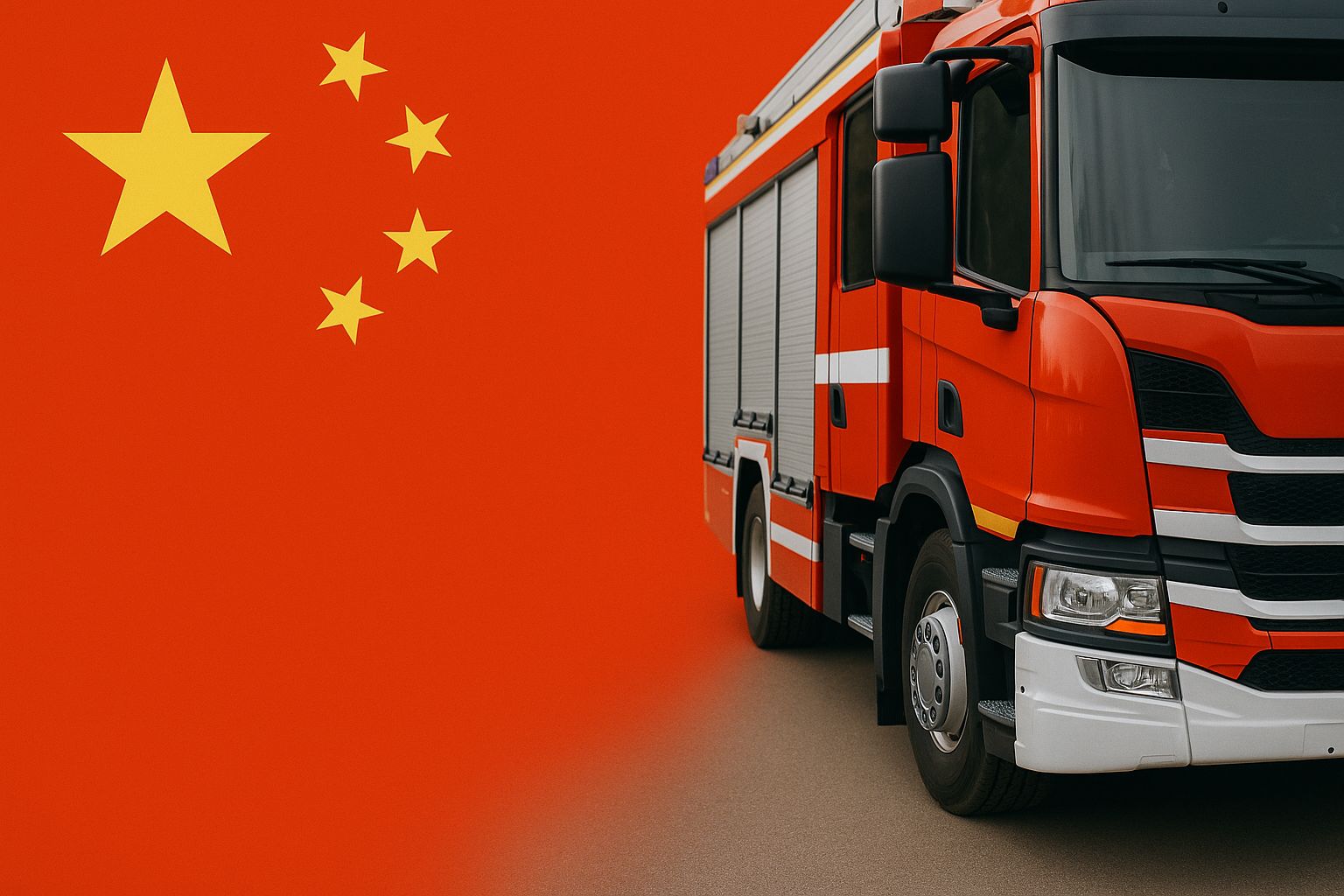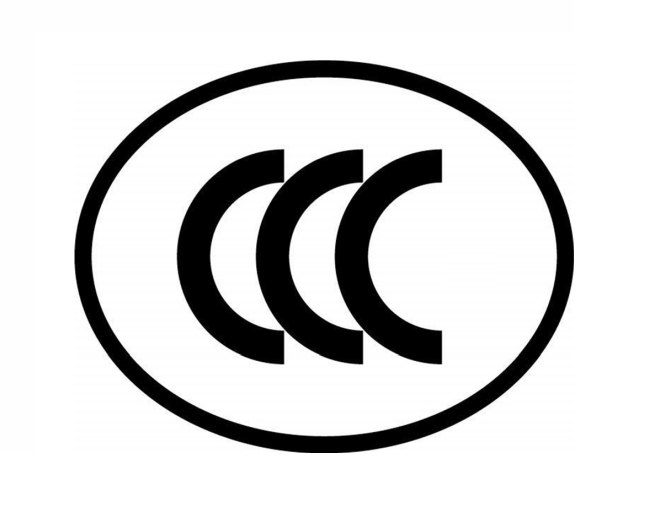China publishes national standard for wireless charging of vehicles
15. October 2020The ability to charge an electric vehicle without cables and plugs has long been more than just a customer wish. The Chinese automotive industry has also been working on a standardized solution for several years. Now a national standard for wireless charging of electric vehicles has finally been announced. The standard stipulates that every new electric vehicle can use the charging stations and, as a result, the standard should become widespread quickly.
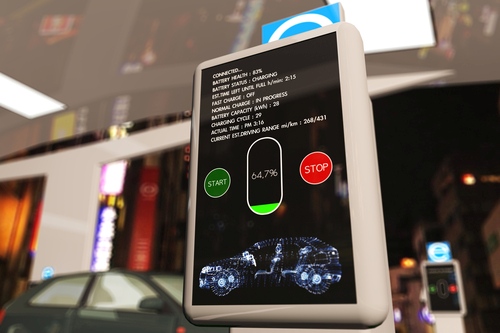
The new standard is based on WiTricity technology, which uses electromagnets for charging and has the same efficiency and duration as a conventional charging station with cable and plug. In addition to the added comfort, the technology is also seen as a milestone for the automatic recharging of future self-driven vehicles such as cabs or delivery vehicles. The developers behind WiTricity have worked closely with the relevant Chinese authorities such as the China Electric Power Research Institute (CEPRI), China Automotive Technology and Research Center (CATARC) and China Electricity Council (CEC) to develop the new standard.
The patented technology is based on China’s national industry standards (GuoBiao or GB) for wireless charging and was approved and officially announced by China Electricity Council (CEC) in May 2020. Current or future international standards such as SAE J2954, ISO 19363 and IEC 61980 were taken into account during the development. The Chinese automotive market is considered to be the fastest changing in terms of the transition from combustion engines to electric motors. The car manufacturers are therefore looking for ways to win new customers. A wireless charging option on a new vehicle could be a key argument for a purchase. WiTricity has licensed its technology to two leading charging station manufacturers, Zhejiang VIE Science & Technology and Anjie Wireless Technology (Suzhou) as well as several OEM customers. Anjie recently demonstrated the automatic parking and wireless charging of a Xpeng Motor electric vehicle, providing a glimpse into the future of electric transportation.
CCC stands for China Compulsory Certificate. The CCC certificate was introduced in 2002 and applies to both imported and Chinese products. The CCC certification of a charging station for the Chinese market can prove to be a complex project that requires professional support in all phases. For several years MPR China Certification GmbH has been entrusted with large CCC projects of the vehicle manufacturers Lotus, Tesla and Bugatti. We would be pleased to advise you without obligation about the scope and requirements of a China CCC certification.
Please do not hesitate to contact us for further details and consultation. You can contact us via e-mail, or call us (UK: +44 2071931135, Rest of Europe: +49 69 2713769150, US: +1 773 654-2673).
Please don’t hesitate to also use our chat-window in the bottom right corner if you have any questions. (Please check your browser settings if you can’t see the window)
You can also check out our free CCC-Brochure, which can be downloaded right here as a PDF file or you consult our book (in English) “A Brief Guide to CCC: China Compulsory Certification”, which can be found directly here on Amazon.
Here you can download our brochure about the CCC Self-Declaration.
Here you can download our brochure about the voluntary CCAP or CQC certification.




